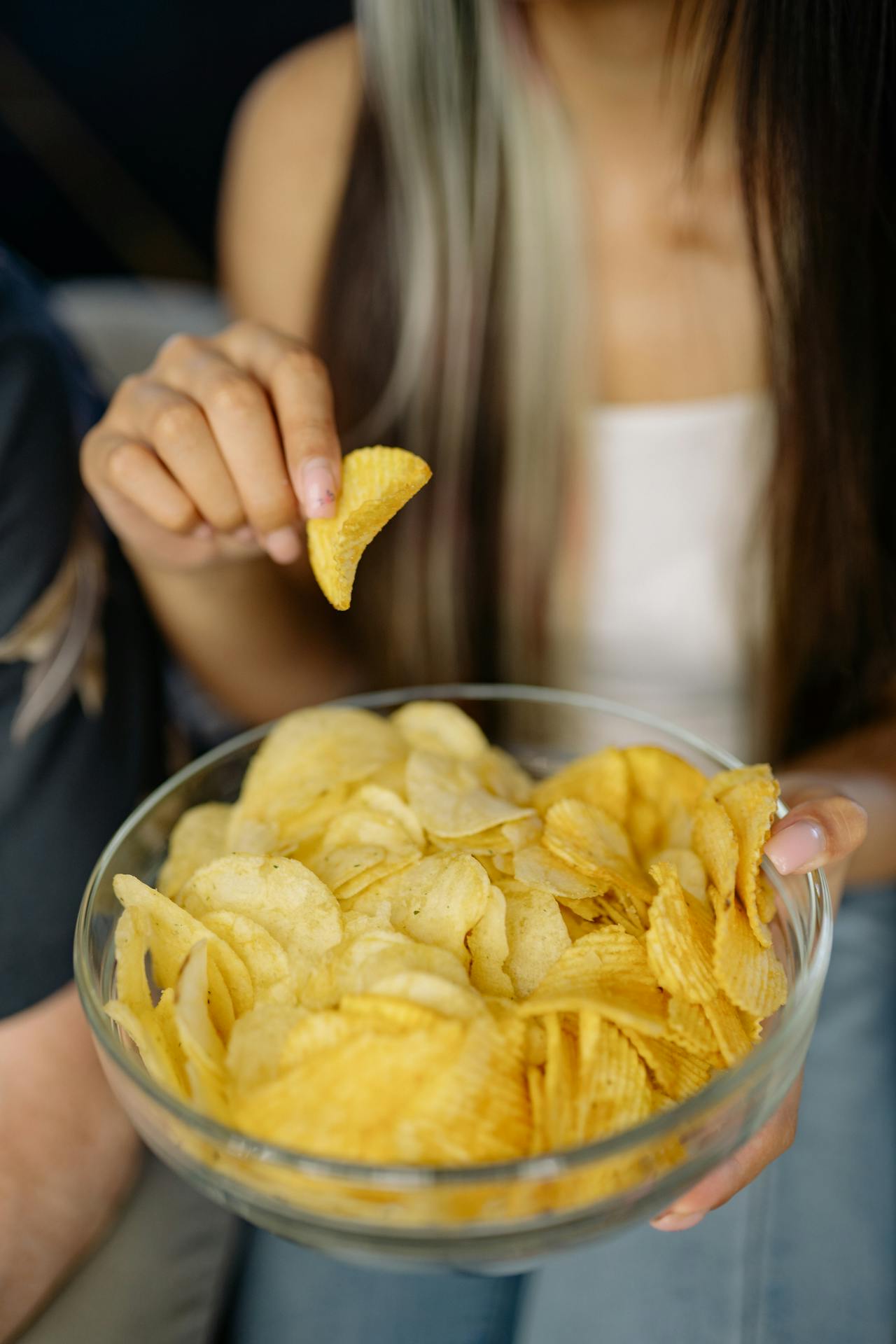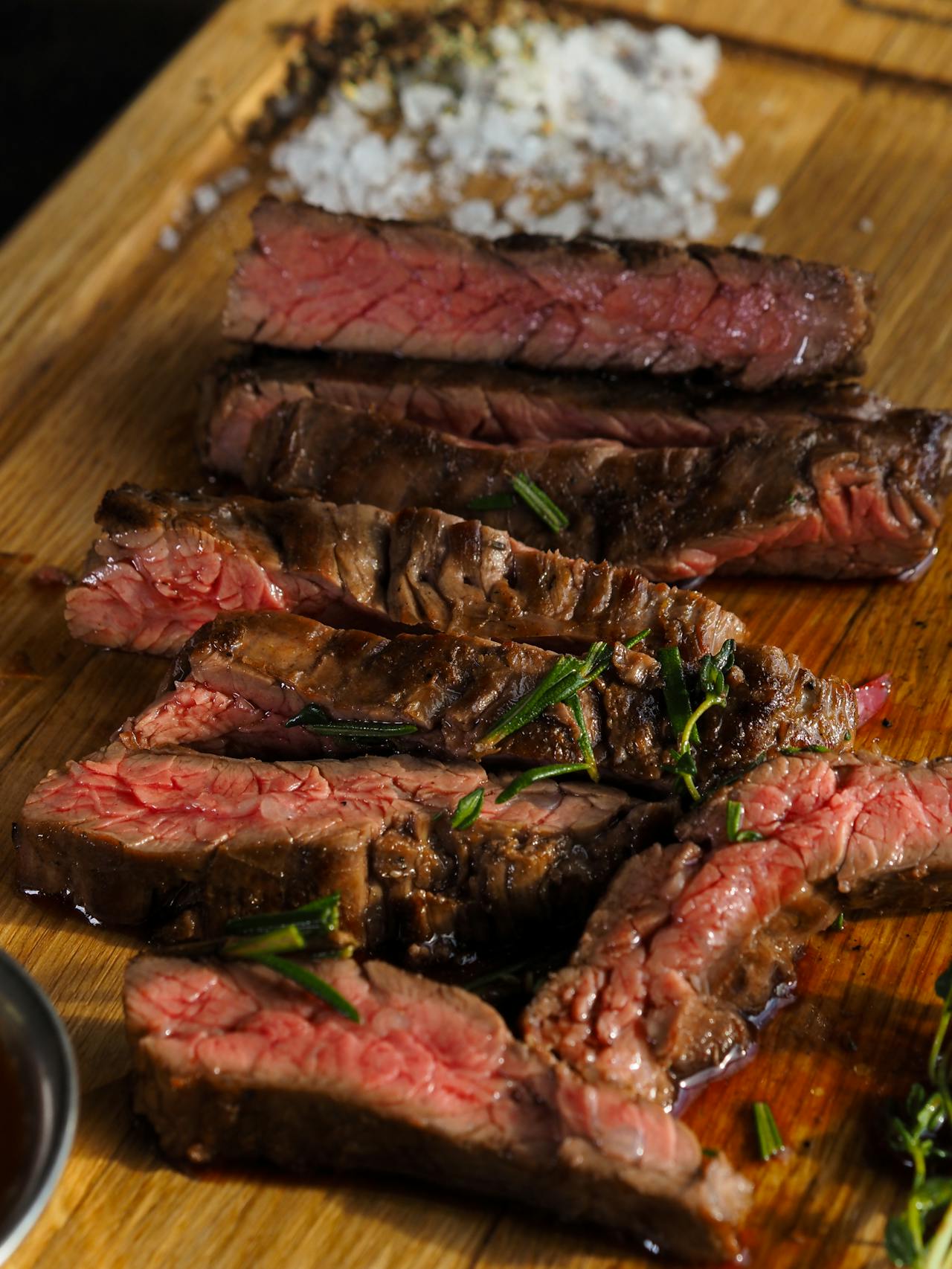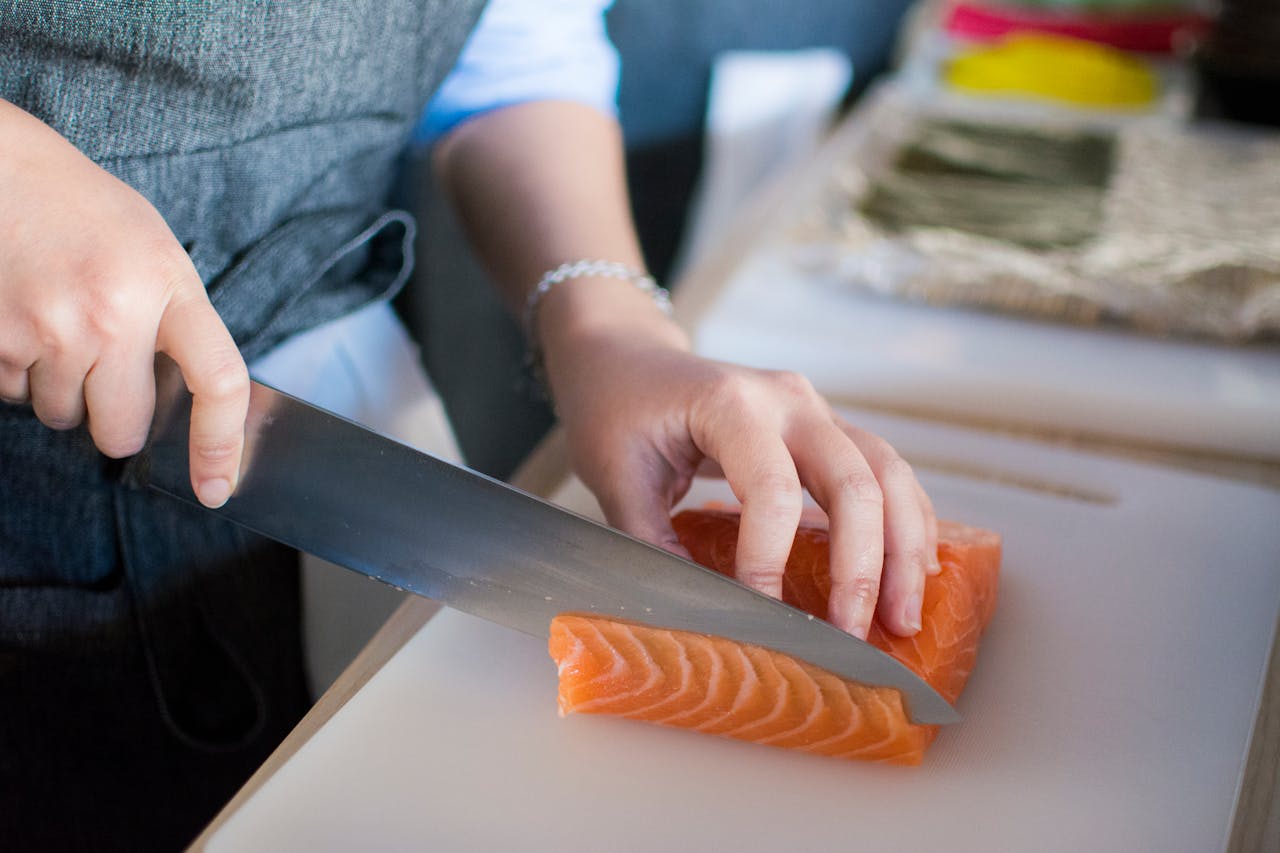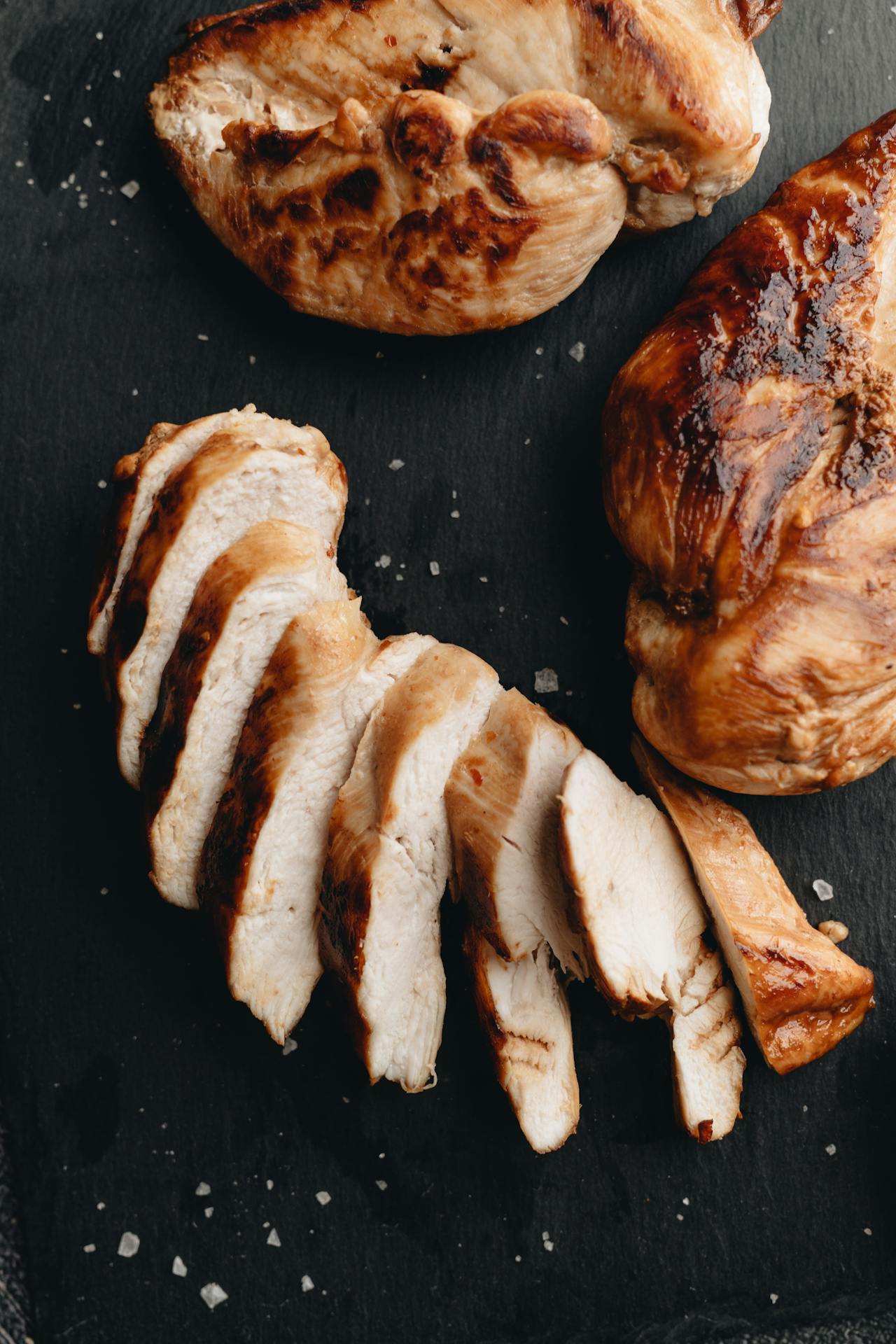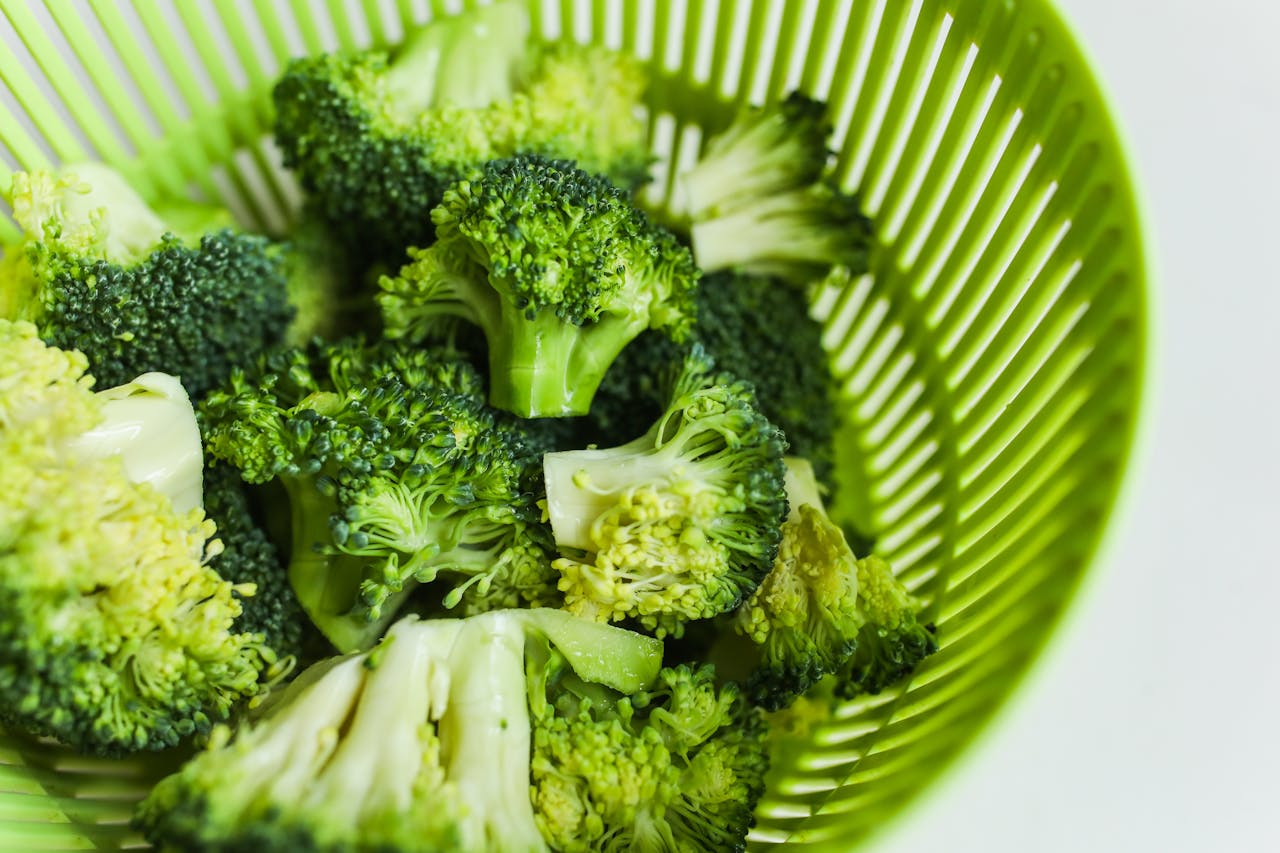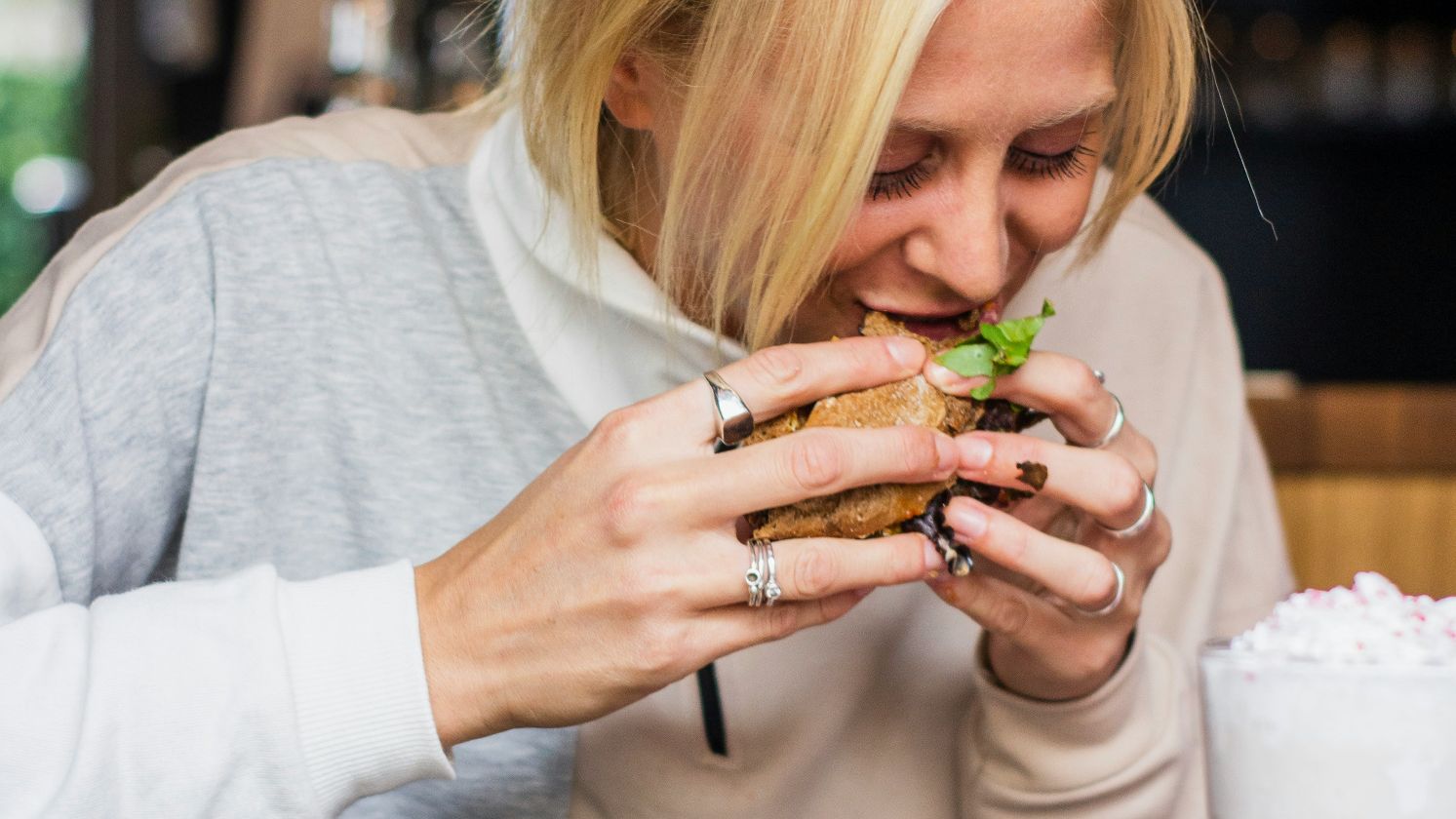Avoid These 10 Foods If You Have Osteoporosis, Eat These 10 Instead
Foods to Fortify Your Bones
Osteoporosis is characterized by frail bones. When not dealt with properly, it can result in frequent breaks and fractures. Along with with medicine and exercise, an important component of managing osteoporosis is diet. Here are ten foods you should avoid and ten you should eat instead to keep your bones strong or at least, prevent them from getting any weaker.
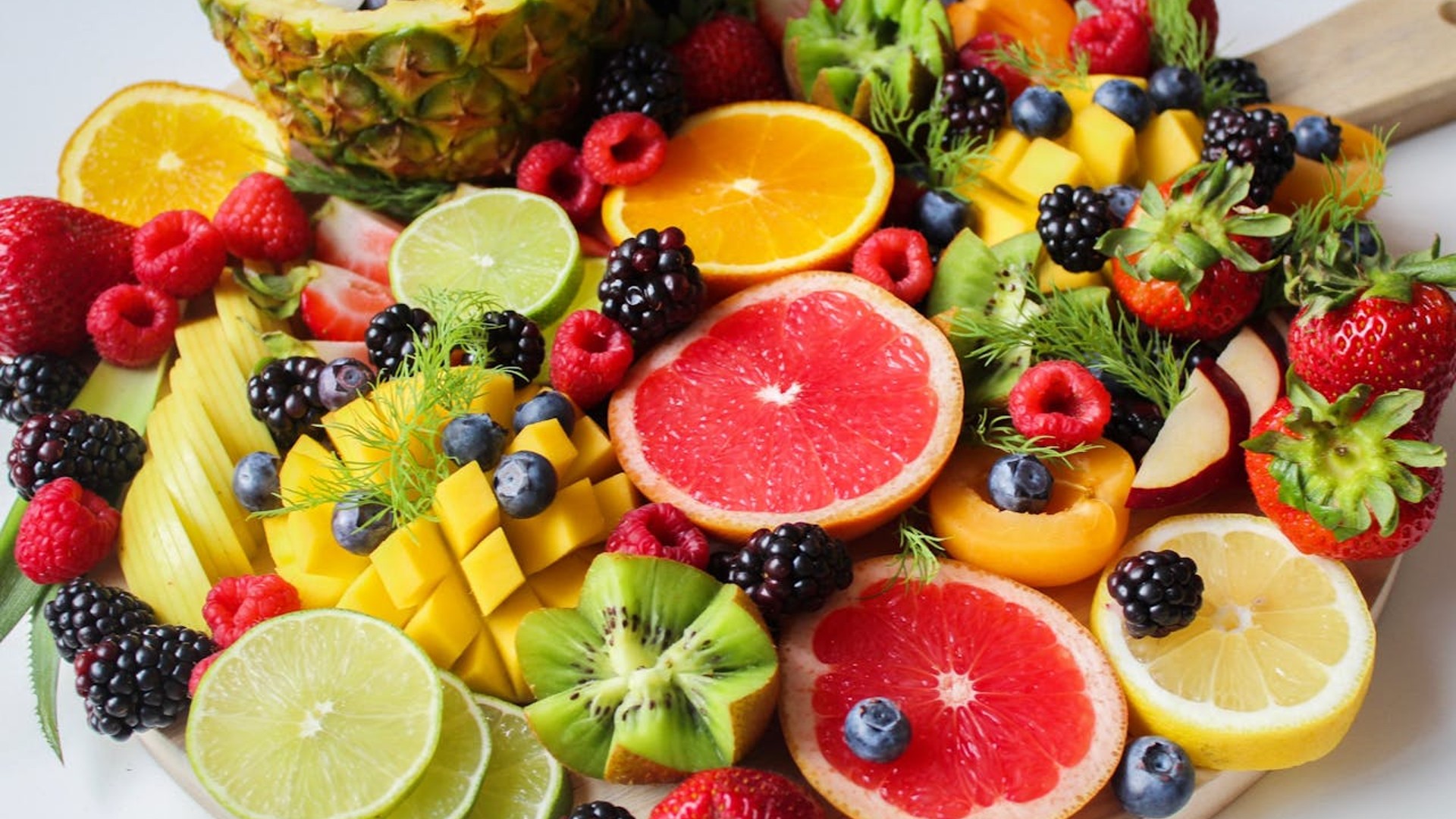 Photo by Jane Trang Doan on Pexels
Photo by Jane Trang Doan on Pexels
1. Salty Foods
Avoid foods that contain more than 20 percent of the daily sodium value because they cause the body to lose calcium, depleting bone density. Chips, cold cuts, and pizza are some of the culprits, but check those nutrition facts if you’re unsure.
2. Alcohol
Heavy drinking may lead to osteoporosis because it disrupts bone growth and renewal. Quitting drinking for even as short a time as eight weeks has shown massive improvements in bone health.
 Photo by Zetong Li on Unsplash
Photo by Zetong Li on Unsplash
3. Caffeine
Having a lot of caffeine in your day causes your body to lose more calcium. Those with osteoporosis shouldn’t have more than four cups of coffee a day and should consume more calcium to offset the loss.
 Photo by Chevanon Photography on Pexels
Photo by Chevanon Photography on Pexels
4. Soda
Phosphoric acid which is used to make soft drinks bubbly can also cause the ratio of calcium and phosphorus in your body to be thrown off, leading to bone deterioration. Studies have found the bone density of cola drinkers to be even lower than those who drink other kinds of pop possibly due to the caffeine content.
 Photo by Leah Newhouse on Pexels
Photo by Leah Newhouse on Pexels
5. Red Meat
Although red meat is a terrific source of protein, iron, and B vitamins, it’s not great to eat a lot of it if you’re concerned for your bones because it can turn your blood acidic and drain calcium from your bones. If you eat red meat, try to go for leaner cuts to reduce the amount of unhealthy fats you're getting.
6. Sweets
Added to the long list of why to avoid sugar is its effect on bone health. After consuming sugar, glucose levels in cells increase and make the body more acidic which it reacts to by taking calcium from the bones.
 Photo by Shameel mukkath on Pexels
Photo by Shameel mukkath on Pexels
7. Oxalate-Rich Foods
Foods high in oxalate include spinach, rhubarb, beets, and some beans. Although these are healthy foods that can be incorporated into your diet in, eating a lot of them may inhibit calcium absorption, putting bones at risk.
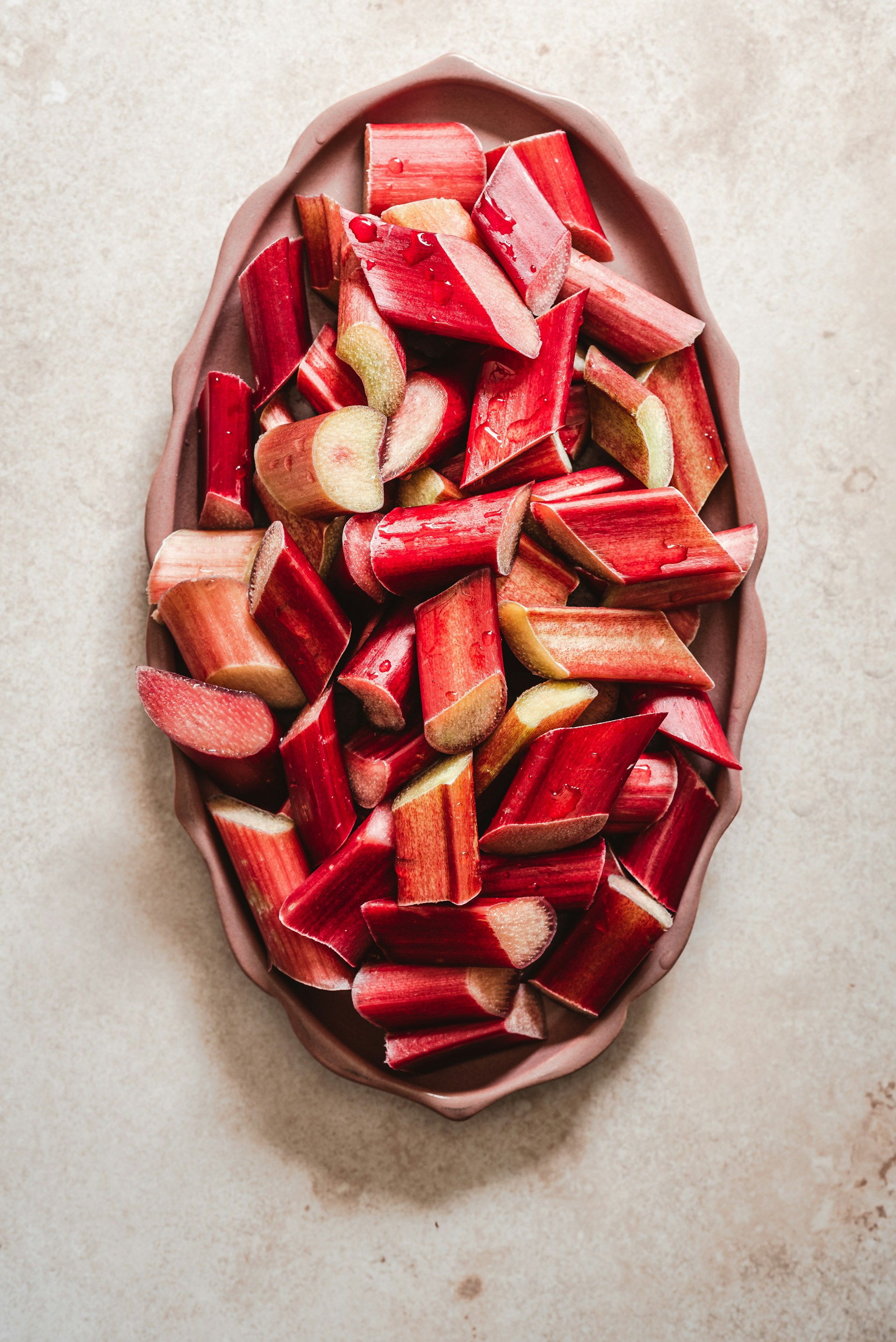 Photo by Natalie Behn on Unsplash
Photo by Natalie Behn on Unsplash
8. Saturated Fat
Foods high in saturated fat include butter, lard, cheese, and fatty cuts of meat. They’ve been tied to losses in bone strength possibly because they derail calcium that binds to them instead of going to the bones.
 Photo by Nano Erdozain on Pexels
Photo by Nano Erdozain on Pexels
9. Legumes (In Excess)
Beans, including kidney beans, lentils, and garbanzo beans are high in phytates which decreases calcium absorption. They have other redeeming qualities though like fiber and magnesium so don’t stop eating them entirely–just make sure they aren't too prevalent in your diet and that you’re getting lots of calcium too.
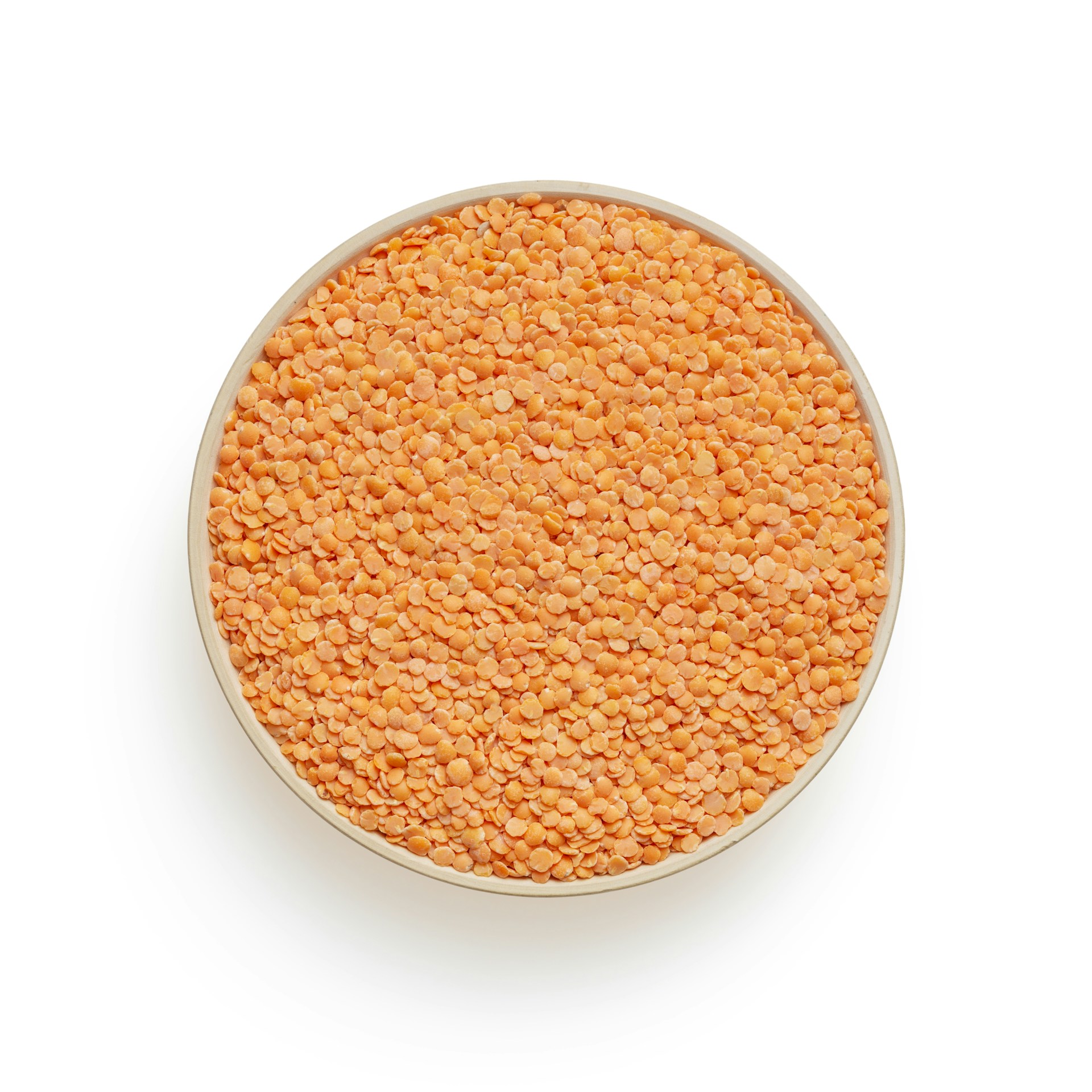 Photo by Mockup Graphics on Unsplash
Photo by Mockup Graphics on Unsplash
10. Wheat Bran
You might think your bowl of bran flakes with milk is a nutritious breakfast; however, you’re not actually getting all the calcium you were expecting from that milk. 100 percent bran has been shown to reduce calcium absorption so it’s better to have it in a less concentrated format like bread.
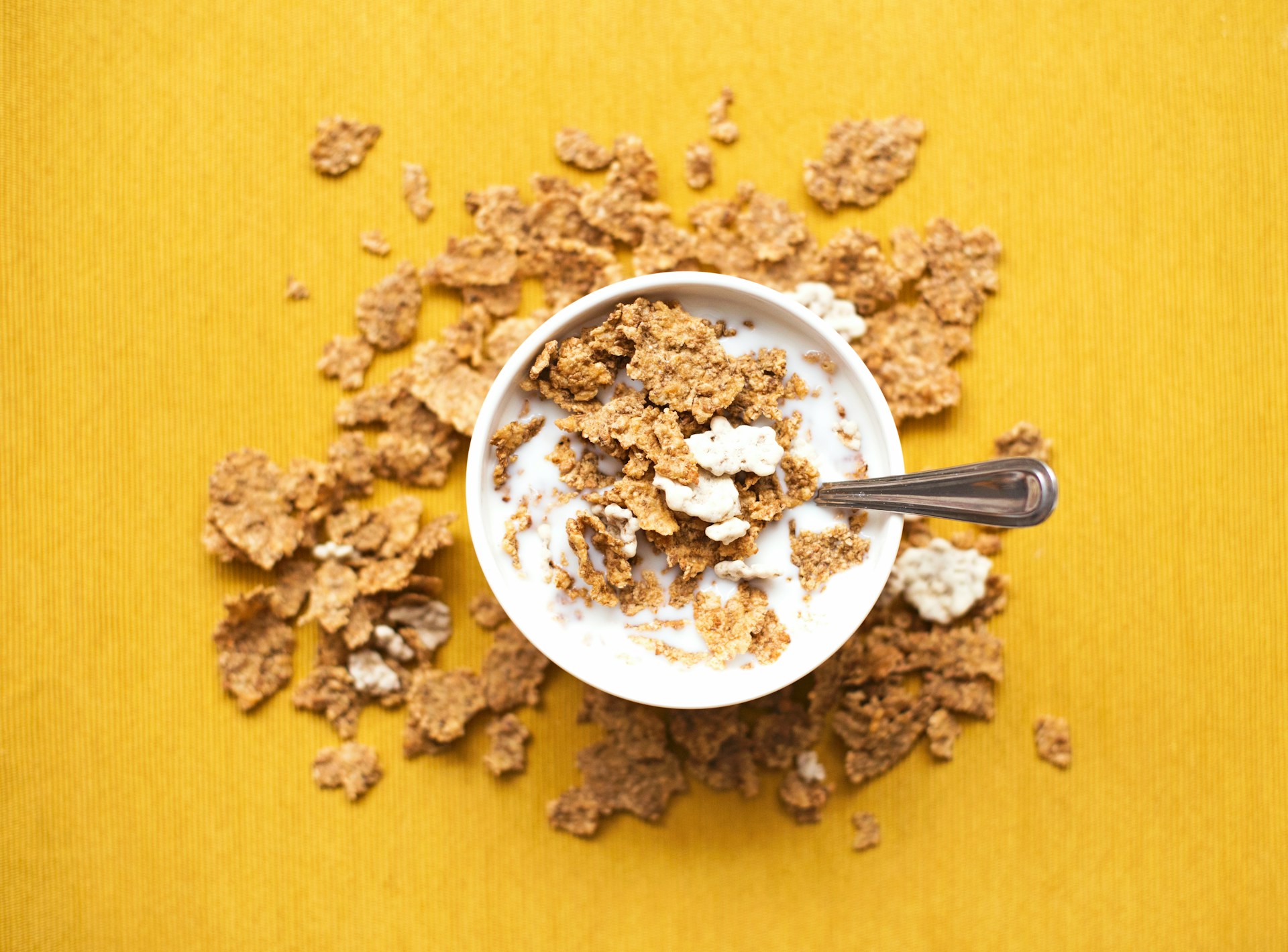 Photo by Nyana Stoica on Unsplash
Photo by Nyana Stoica on Unsplash
1. Dairy Products
A good reason to switch out that glass of soda for a glass of milk is its positive effects on bone health. Dairy products are rich in protein and calcium, important nutrients for maintaining strong bones.
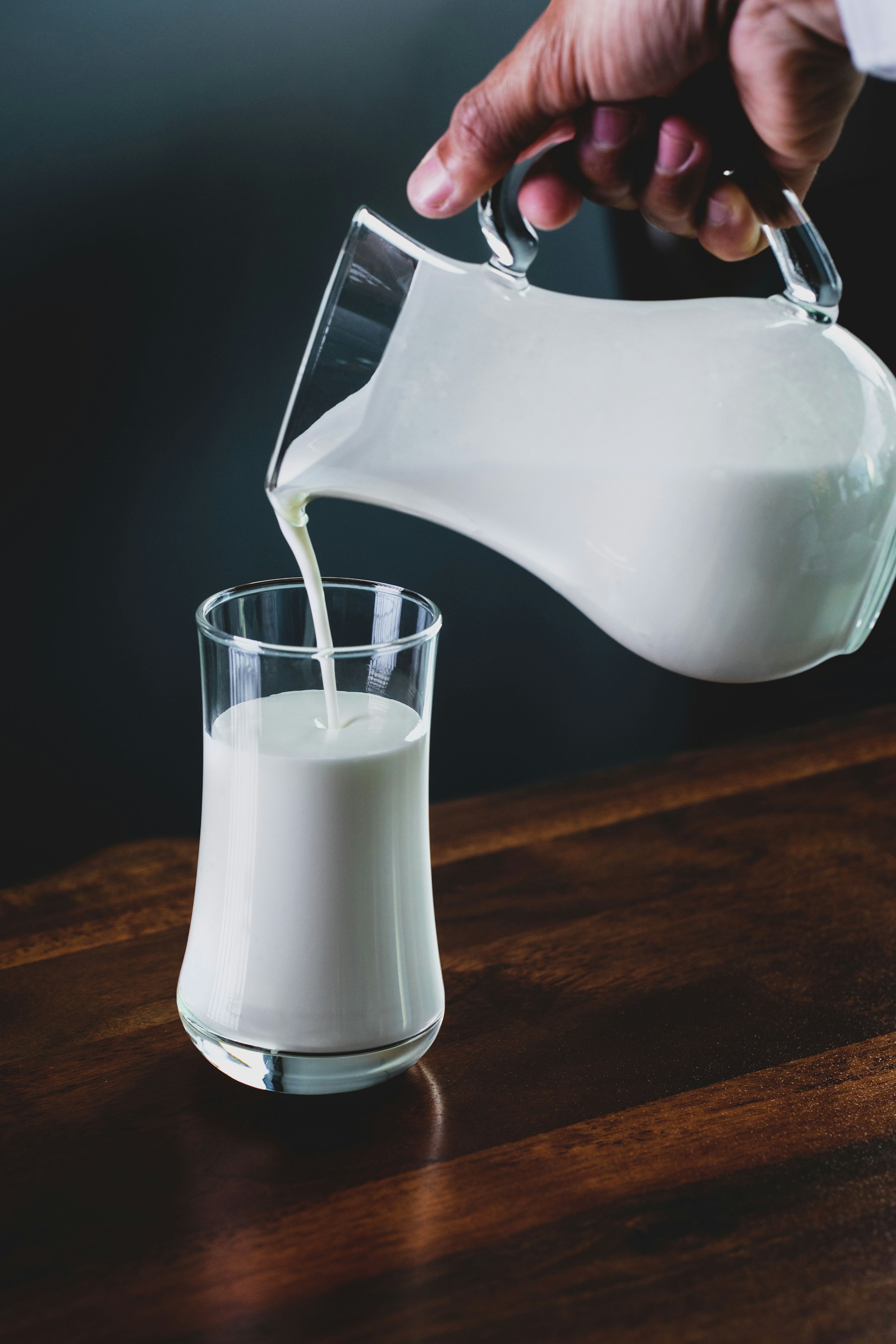 Photo by Eiliv Aceron on Unsplash
Photo by Eiliv Aceron on Unsplash
2. Leafy Green Vegetables
Yet another reason to eat your greens is that they support healthy bones. Leafy green vegetables include bok choy, kale, and collard greens. They’re packed with calcium and vitamin K, two key players in bone health.
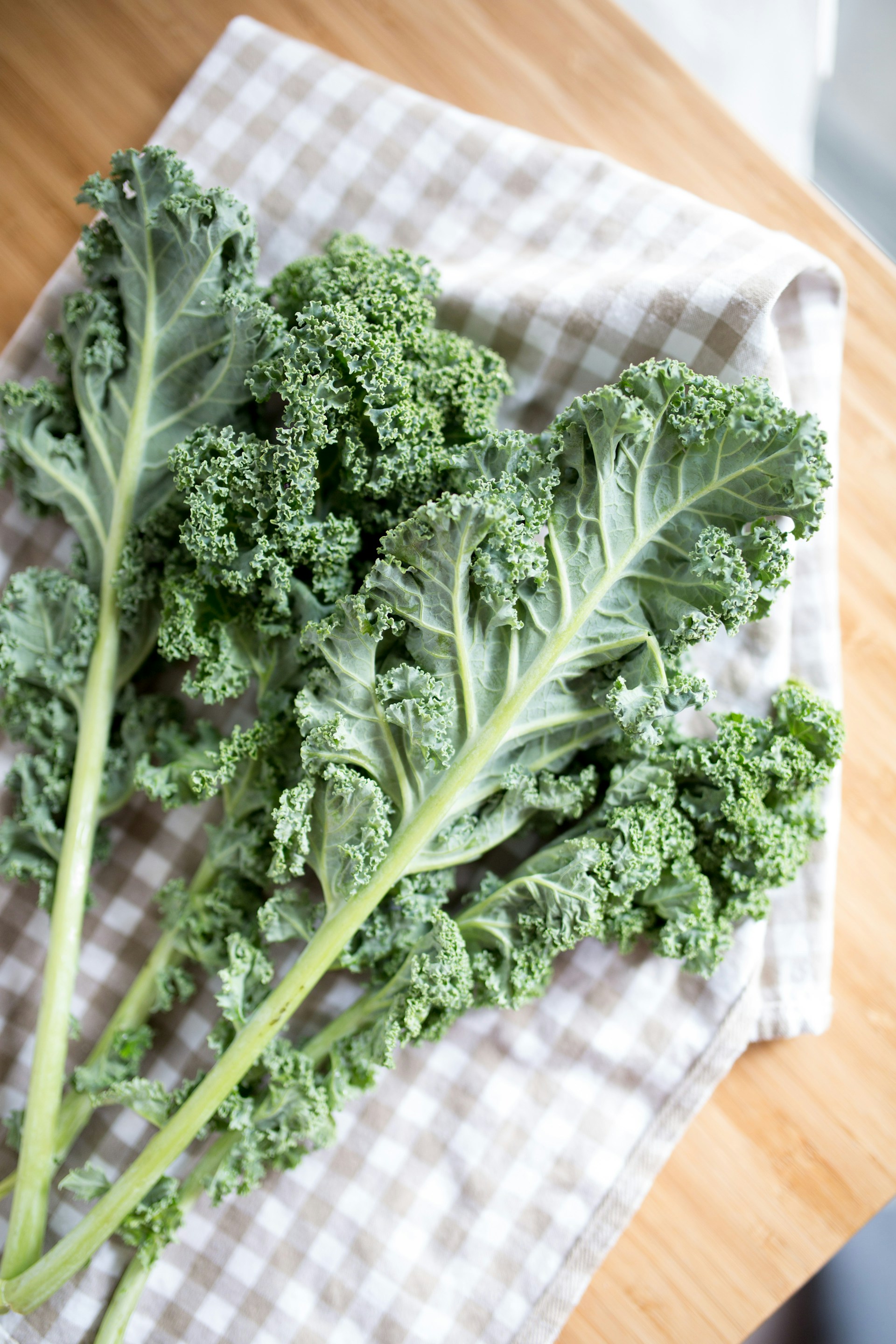 Photo by Laura Johnston on Unsplash
Photo by Laura Johnston on Unsplash
3. Fatty Fish
Fatty fish like salmon and sardines are superheroes when it comes to bone health. They contain bone-boosting omega-3 fatty acids and vitamin D which promote calcium absorption. Choose canned salmon for an extra boost of calcium thanks to the soft bones that get ground up with the meat.
4. Nuts and Seeds
A daily handful of nuts or seeds does wonders for your bones. They’re full of healthy fats, protein, and nutrients like calcium and magnesium, all of which are important components of strong bones.
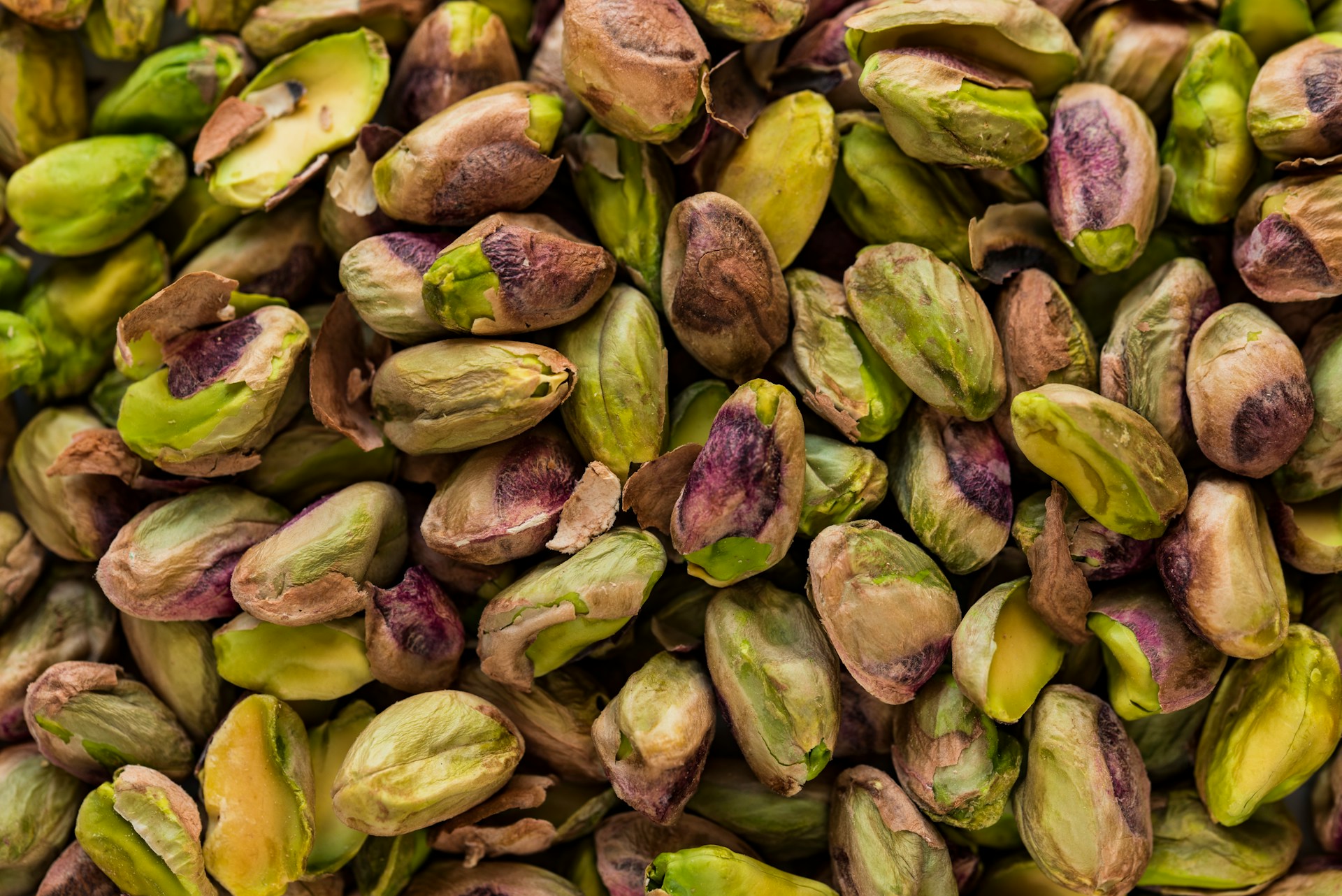 Photo by Joanna Kosinska on Unsplash
Photo by Joanna Kosinska on Unsplash
5. Fortified Foods
Not all packaged food is bad. Store-bought products like orange juice, bread, cereals, plant-based milk, and tofu are all fortified. This means the manufacturer added extra nutrients to them making them a good source of calcium.
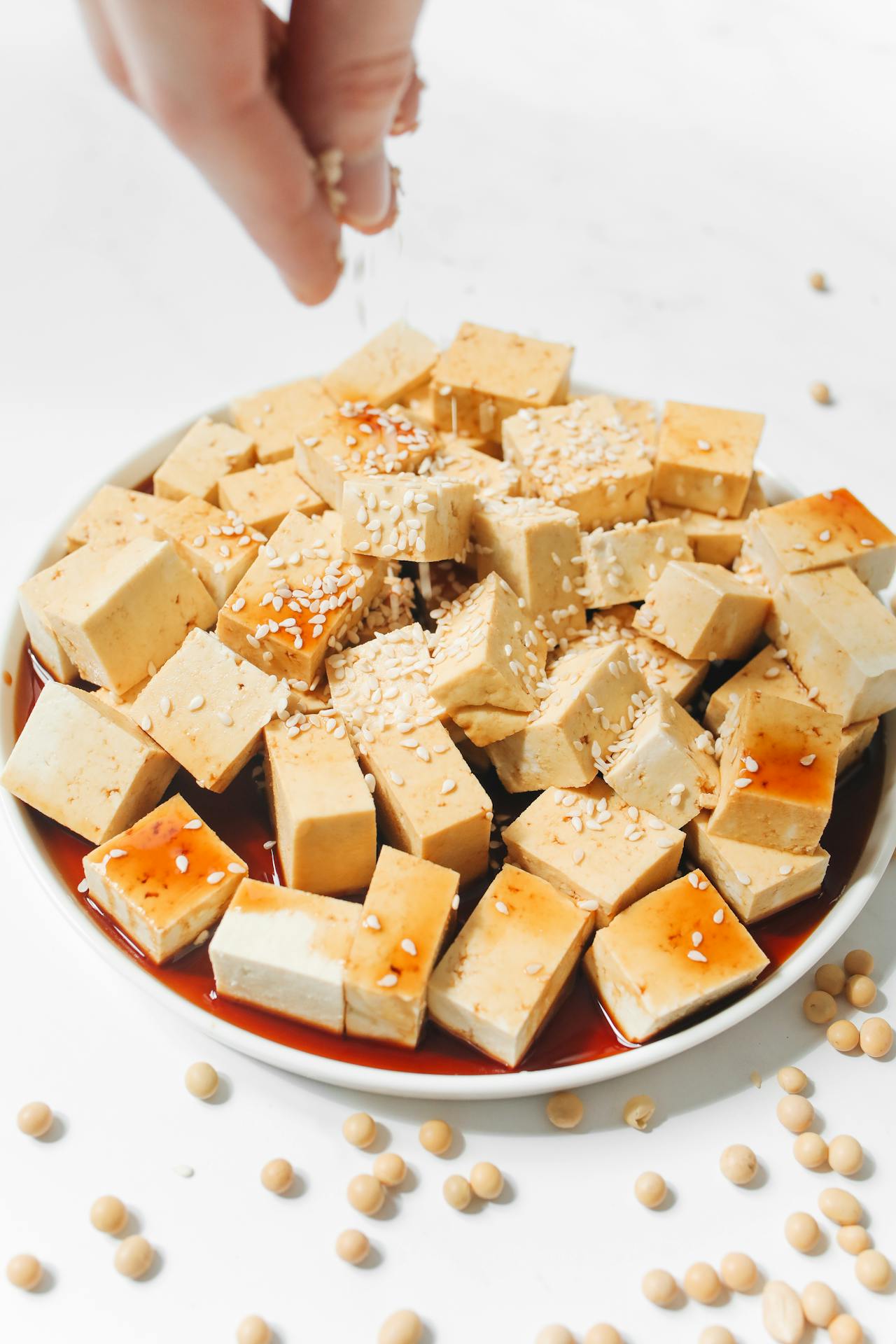 Photo by Polina Tankilevitch on Pexels
Photo by Polina Tankilevitch on Pexels
6. Eggs
Eating one or two eggs daily has been shown to boost bone density. Not only are they chock-full of protein, but they also contain zinc which helps produce collagen, the protein responsible for maintaining bone structure.
 Photo by Ketut Subiyanto on Pexels
Photo by Ketut Subiyanto on Pexels
7. Lean Protein
Bone renewal and growth are made possible in part by protein. Choosing lean protein sources like fish or chicken is better because they offer all the beneficial amino acids and nutrients without the saturated fat.
8. Whole Grains
Whole grains like brown rice, oats, and quinoa are excellent low-calorie options. They are brimming with bone-supporting nutrients like fiber, B vitamins, and phytochemicals, compounds that help fight disease.
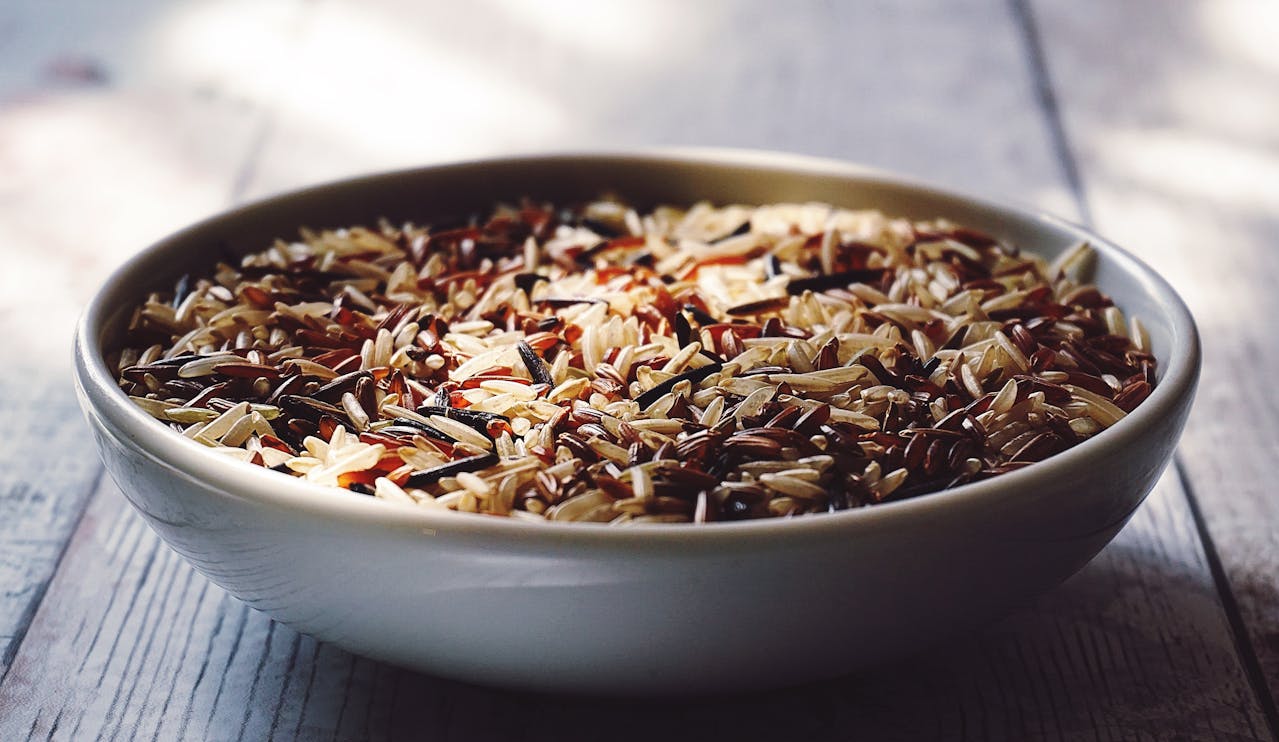 Photo by Suzy Hazelwood on Pexels
Photo by Suzy Hazelwood on Pexels
9. Fruits
A great way to combat osteoporosis is to eat a lovely array of fruits each day. Oranges and other citrus fruits contain vitamin C which help prevent bone loss, while figs are full of calcium, potassium, and magnesium.
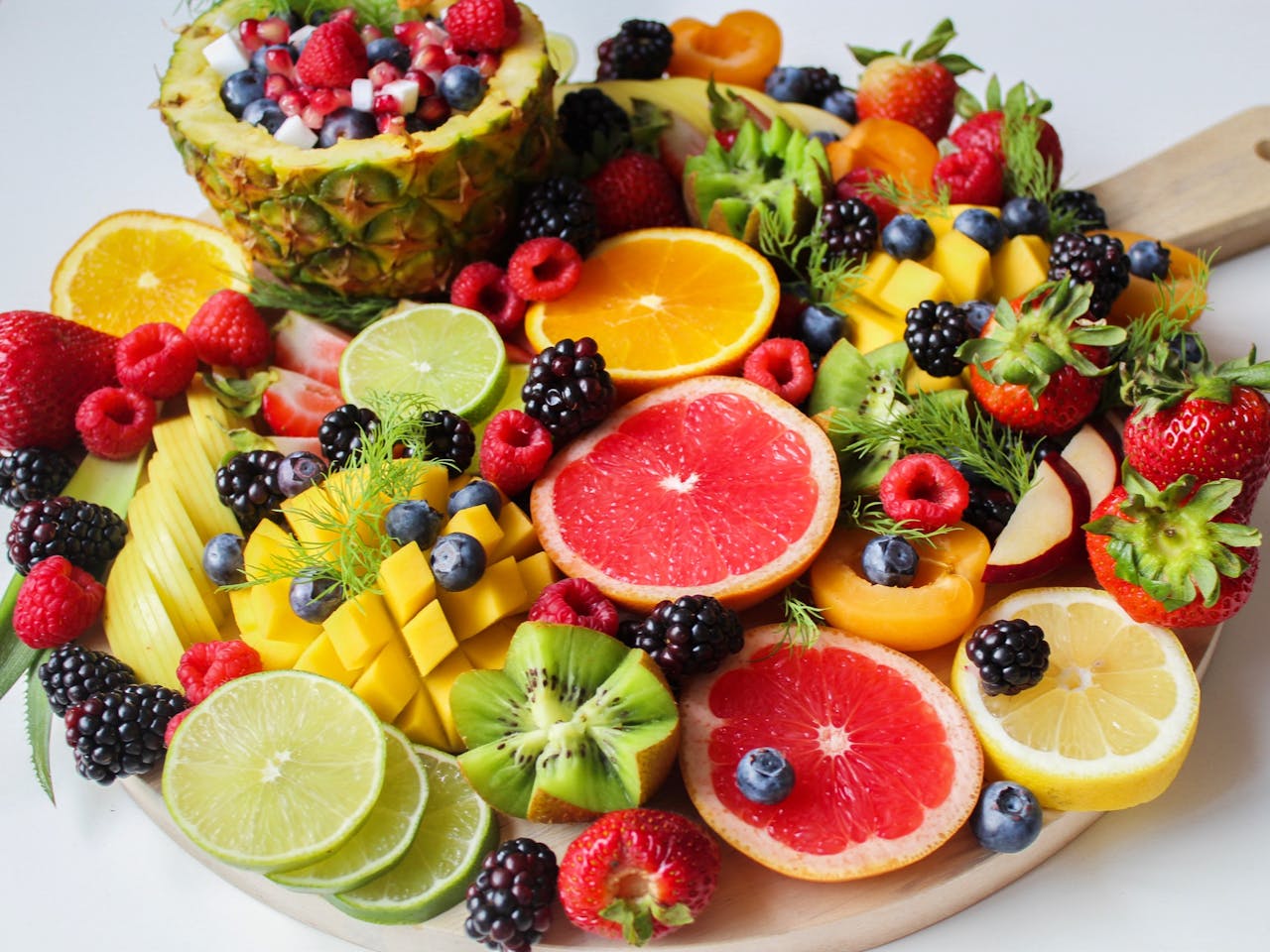 Photo by Jane Trang Doan on Pexels
Photo by Jane Trang Doan on Pexels
10. Broccoli
It might be time to start warming up to this superfood. Broccoli is bursting with calcium, iron, magnesium, and potassium, all of which are superstars of bone health. You’ll get more out of it if you eat it raw, but steamed with a bit of salt is more palatable for some people.
KEEP ON READING



